

2019-09-15 14:35:00 Sun ET
technology antitrust exchange rate competition bilateral trade free trade fair trade trade agreement trade surplus trade deficit multilateralism neoliberalism world trade organization regulation public utility current account compliance
U.S. Treasury officially designates China a key currency manipulator in the broader context of Sino-American trade dispute resolution. The U.S. Treasury classification of China as a new currency manipulator suggests that this classification represents another escalation of the current Sino-U.S. trade conflict. The next currency battle may turn out to be relentless in the current game of competitive depreciation. This escalation spooks global financial markets and therefore wipes 3.5% from all major U.S. stock market indices such as S&P 500, Dow Jones, Nasdaq, and MSCI USA. French, German, and other European stock market indices decline by 2.5%-3%.
China allows its renminbi currency to tumble to the psychologically vital 7-yuan per U.S. dollar (or the lowest level in 11 years). This depreciation may give China an unfair competitive advantage against America in the current game of chicken in tech, trade, and currency. However, the recent renminbi currency misalignment may or may not help increase Chinese exports due to global interest rate surprises and competitive prices outside East Asia. Federal Reserve interest rate cuts may inadvertently give American politicians the vague impression that monetary policy can help repair the damage of trade policy mistakes. When push comes to shove, the law of inadvertent consequences counsel caution.
If any of our AYA Analytica financial health memos (FHM), blog posts, ebooks, newsletters, and notifications etc, or any other form of online content curation, involves potential copyright concerns, please feel free to contact us at service@ayafintech.network so that we can remove relevant content in response to any such request within a reasonable time frame.
2019-11-13 11:34:00 Wednesday ET
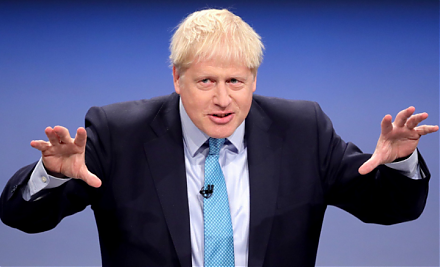
The new Brexit deal can boost British pound appreciation and economic optimism. British prime minister Boris Johnson wins the parliamentary vote on his new
2019-04-17 11:34:00 Wednesday ET
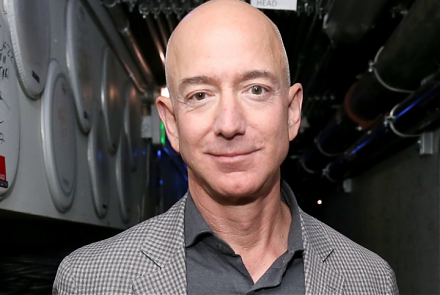
Amazon CEO Jeff Bezos admits the fact that antitrust scrutiny remains a primary imminent threat to his e-commerce business empire. In his annual letter to A
2019-02-25 12:41:00 Monday ET
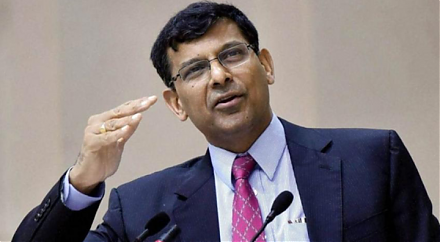
Chicago financial economist Raghuram Rajan views communities as the third pillar of liberal democracy in addition to open markets and states. Rajan suggests
2017-12-14 12:41:00 Thursday ET
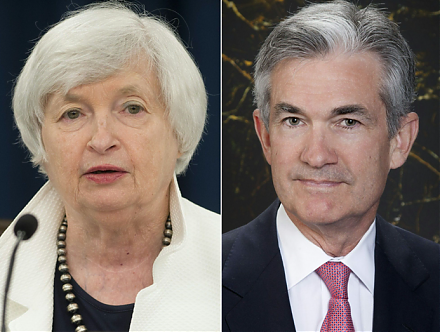
Federal Reserve raises the interest rate by 25 basis points to the target range of 1.25% to 1.5% as FOMC members revise up their GDP estimate from 2% to 2.5
2018-03-07 07:34:00 Wednesday ET
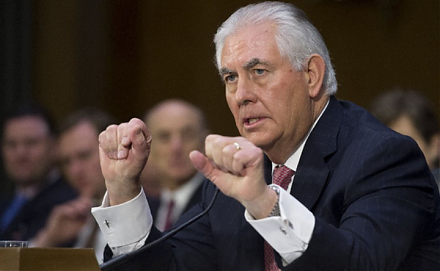
President Trump tweets his key decision to oust State Secretary Rex Tillerson after several months of intense disagreement over diplomatic affairs. Trump so
2025-10-06 10:27:00 Monday ET

Stock Synopsis: With a new Python program, we use, adapt, apply, and leverage each of the mainstream Gemini Gen AI models to conduct this comprehensive fund